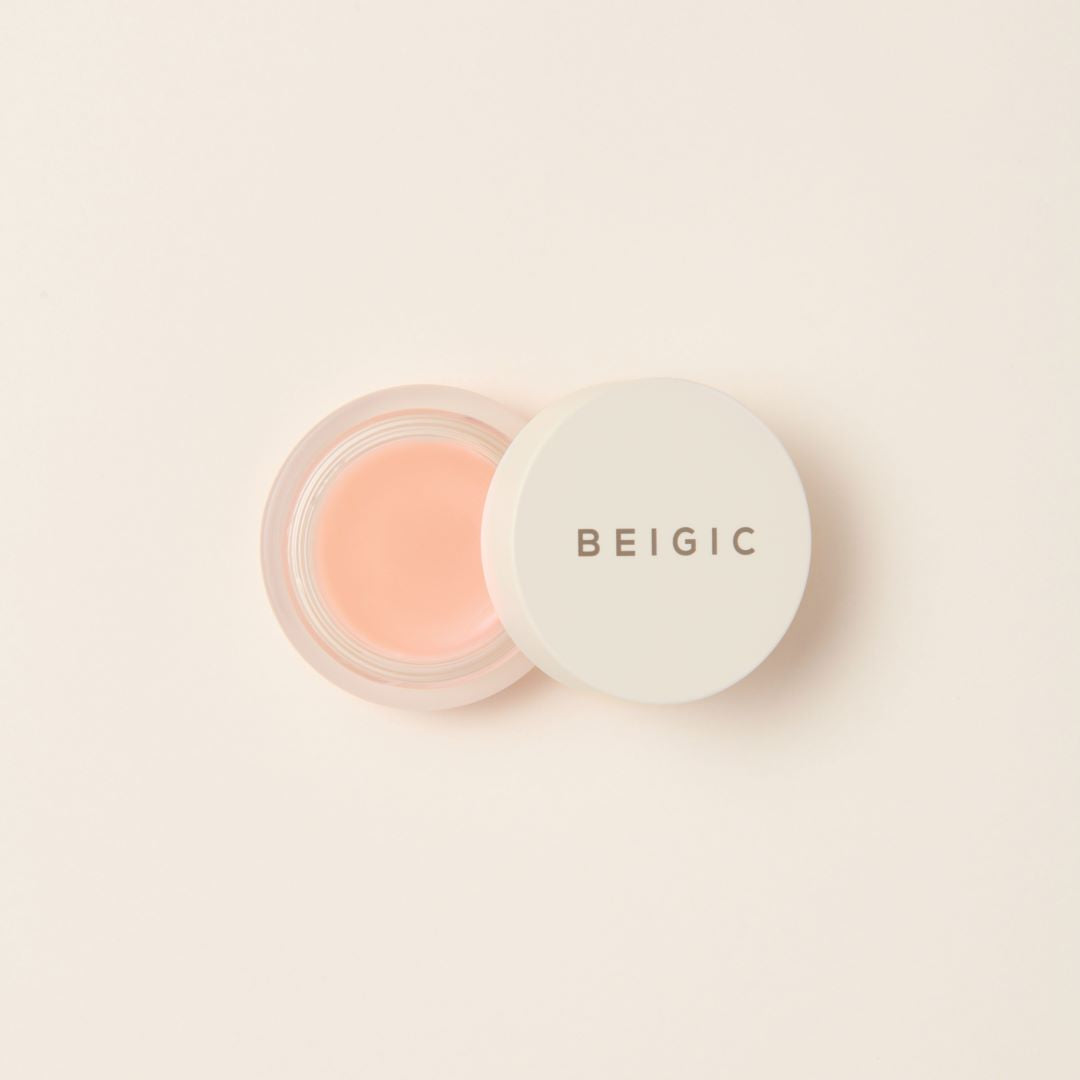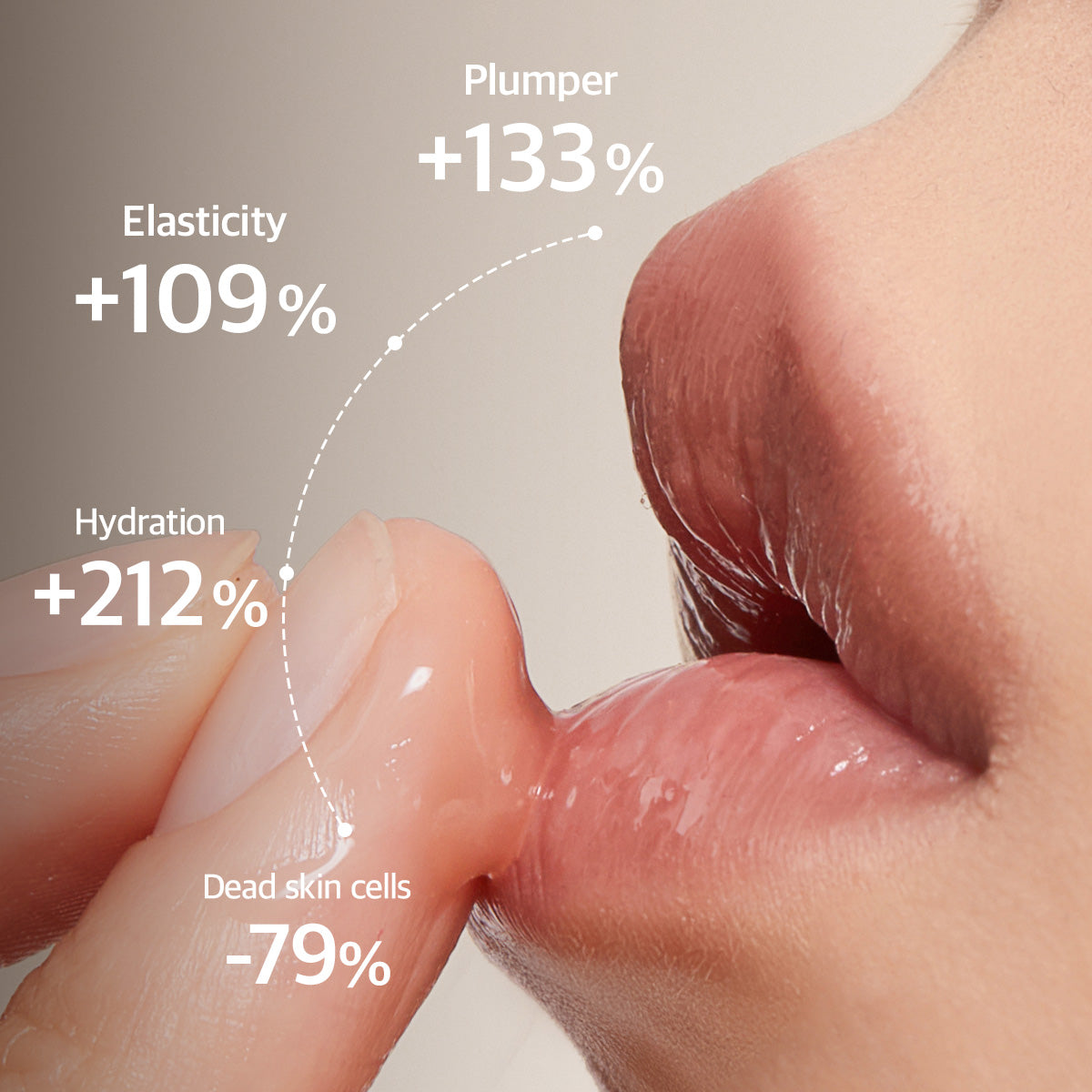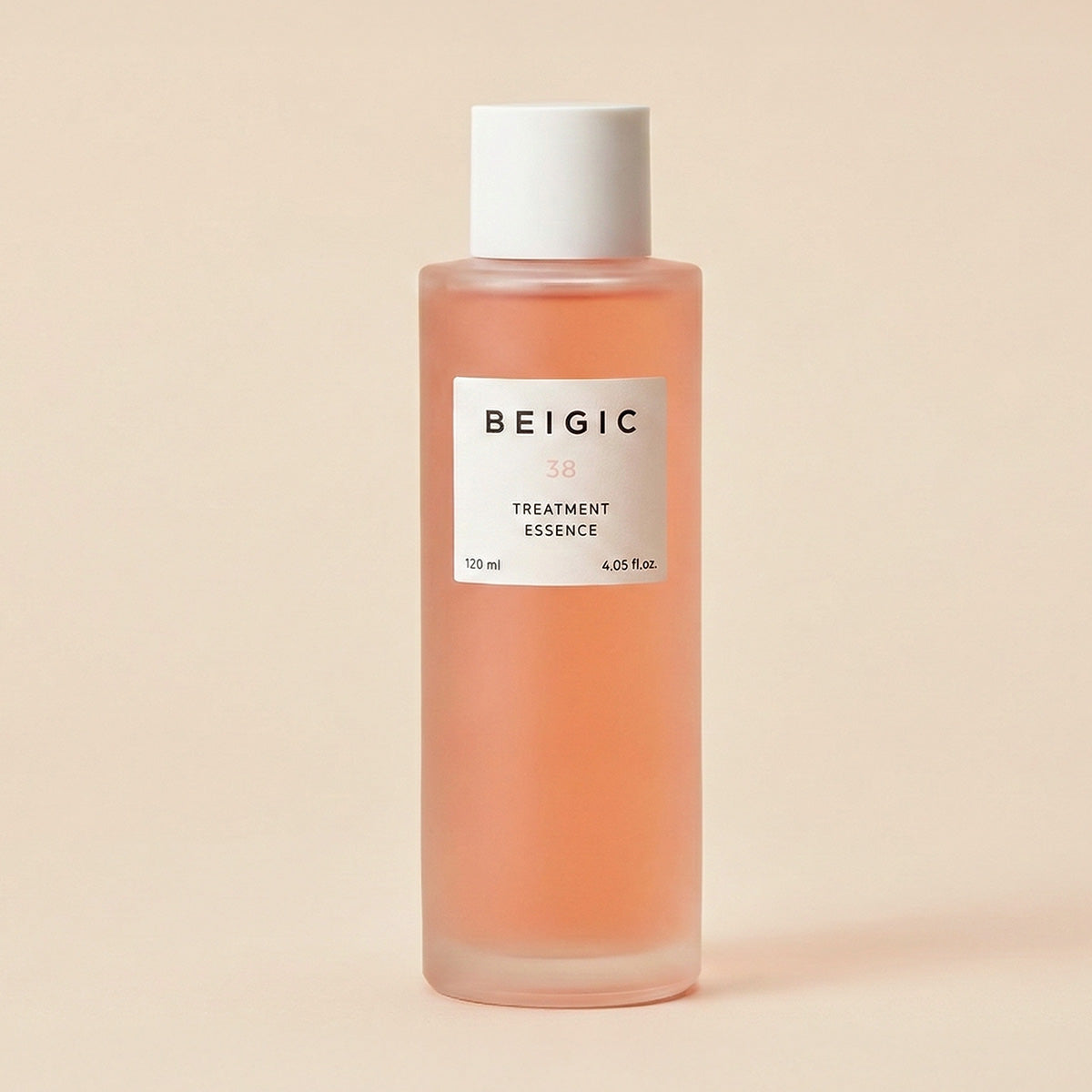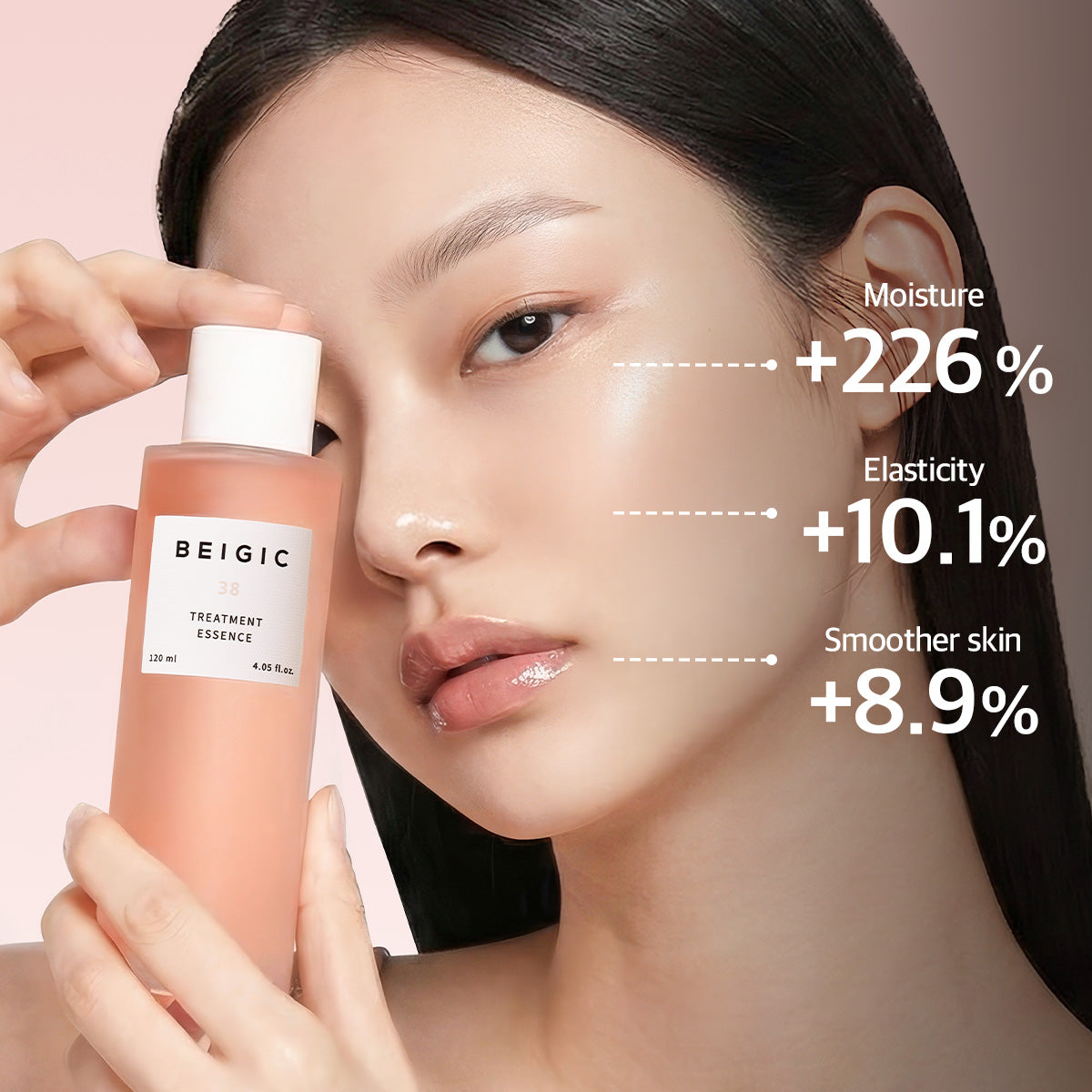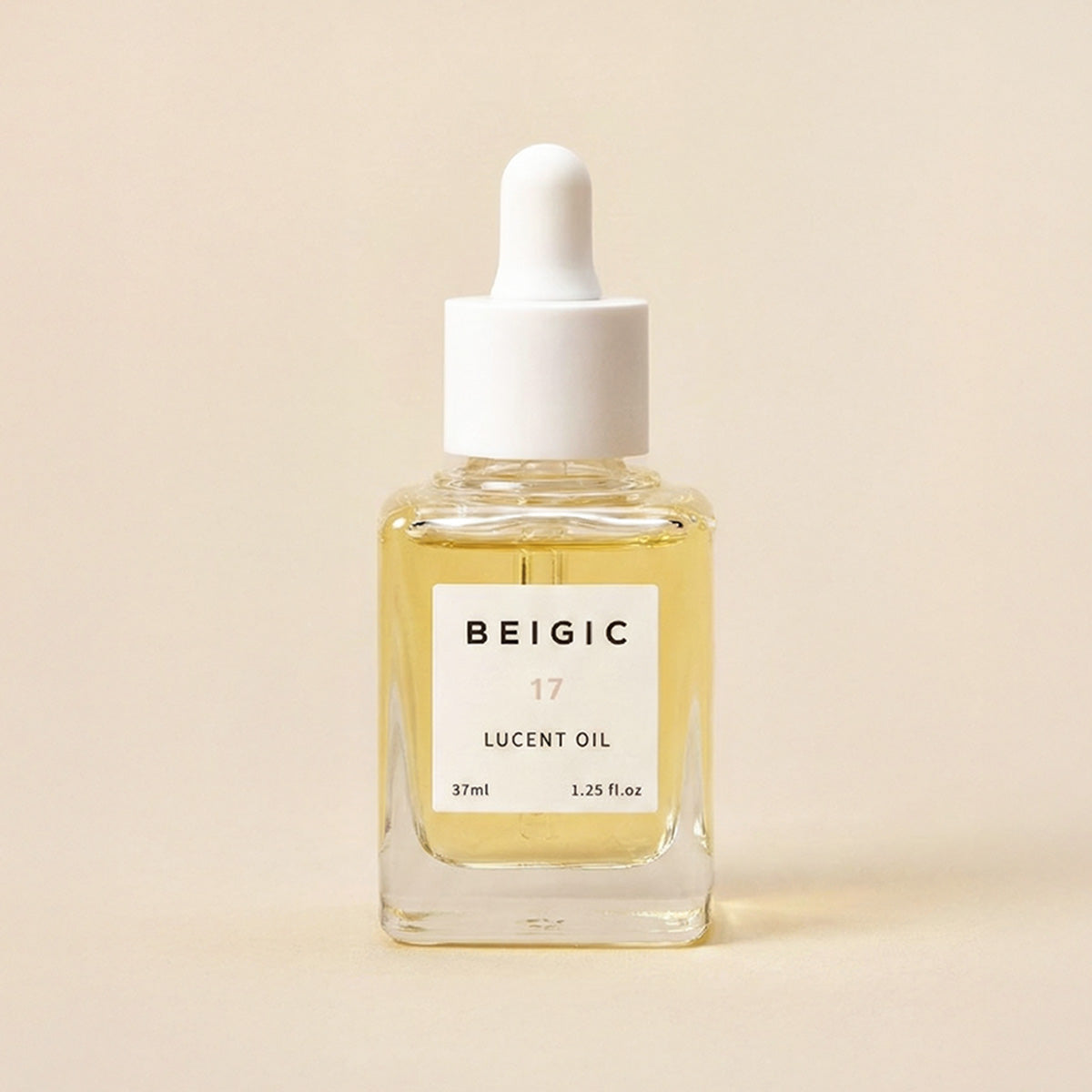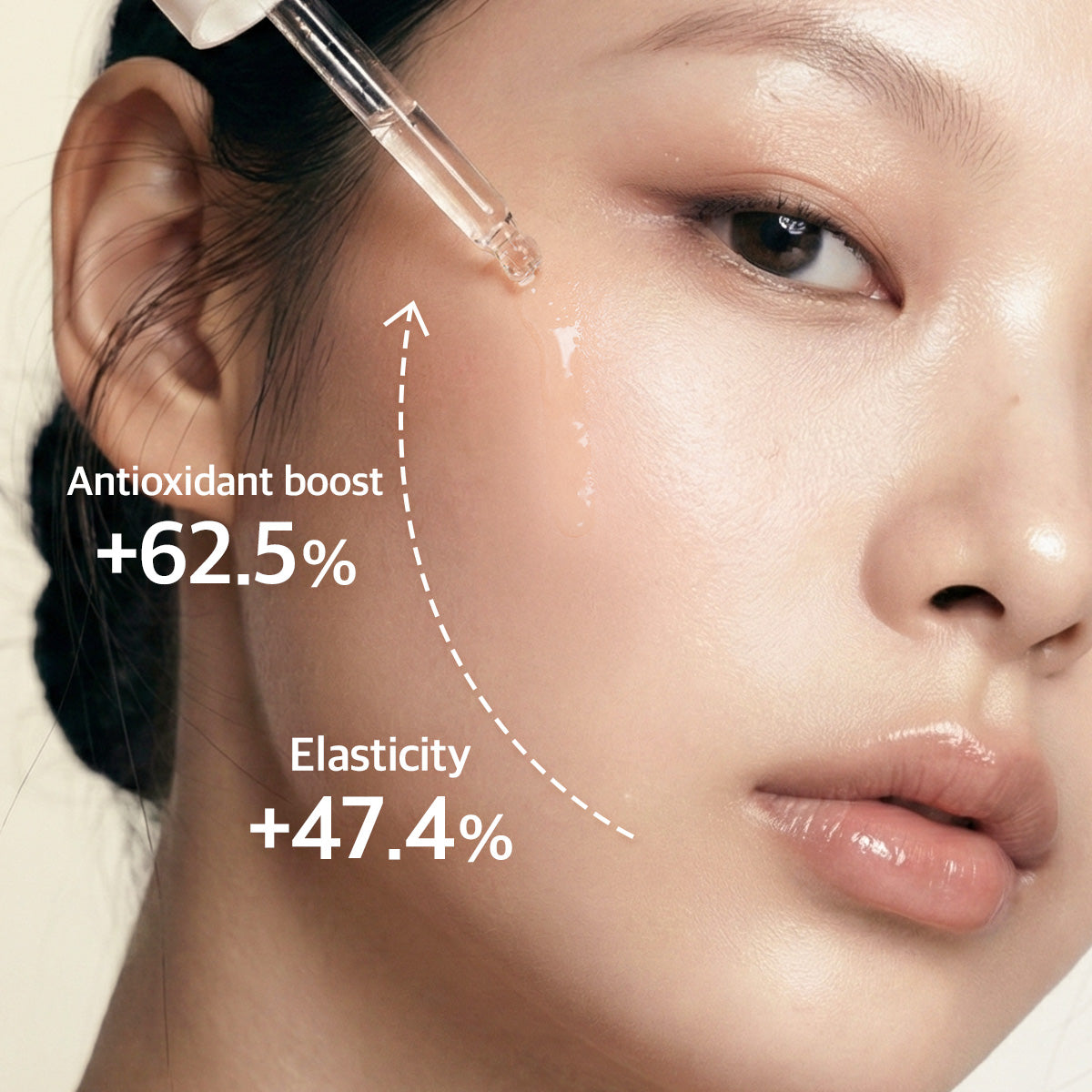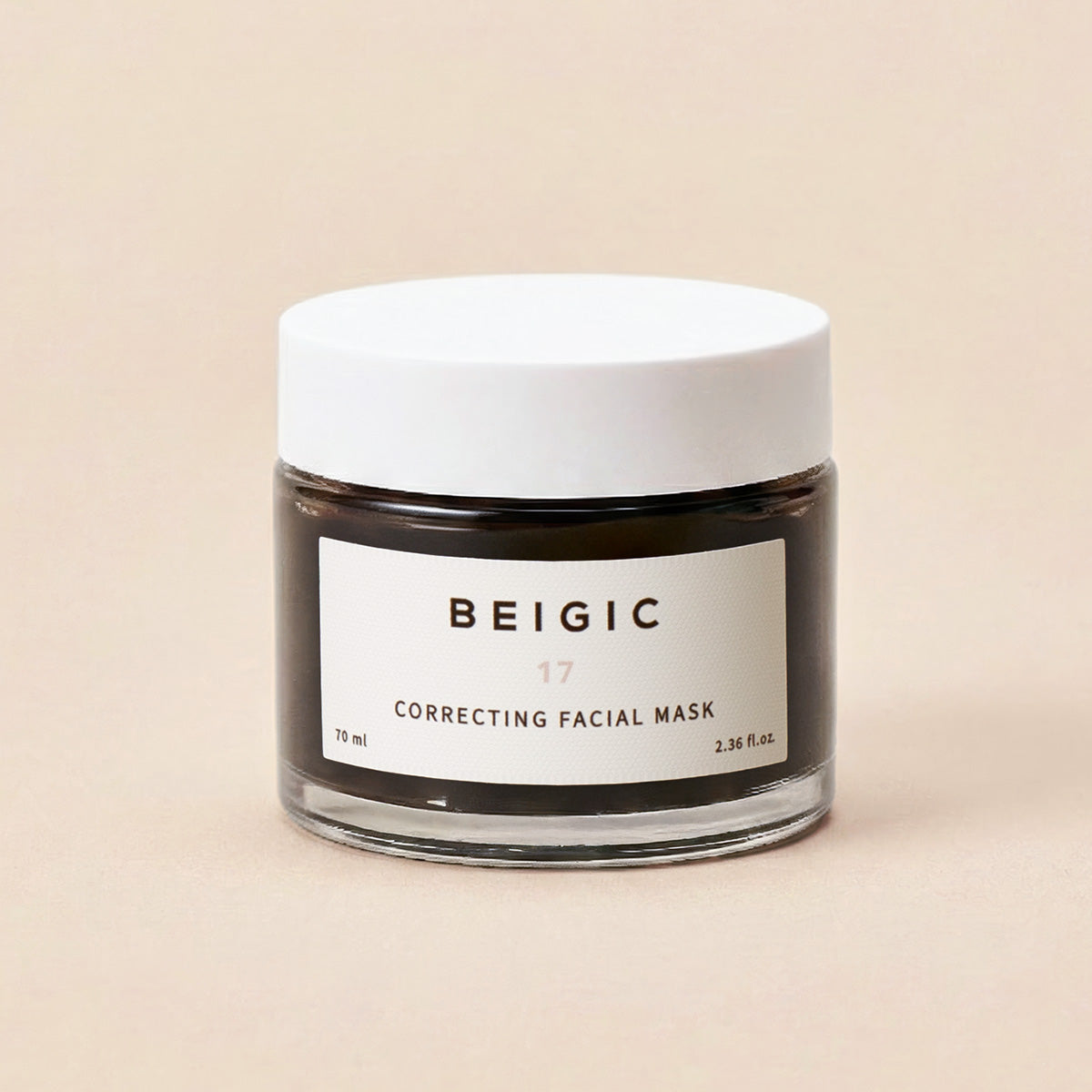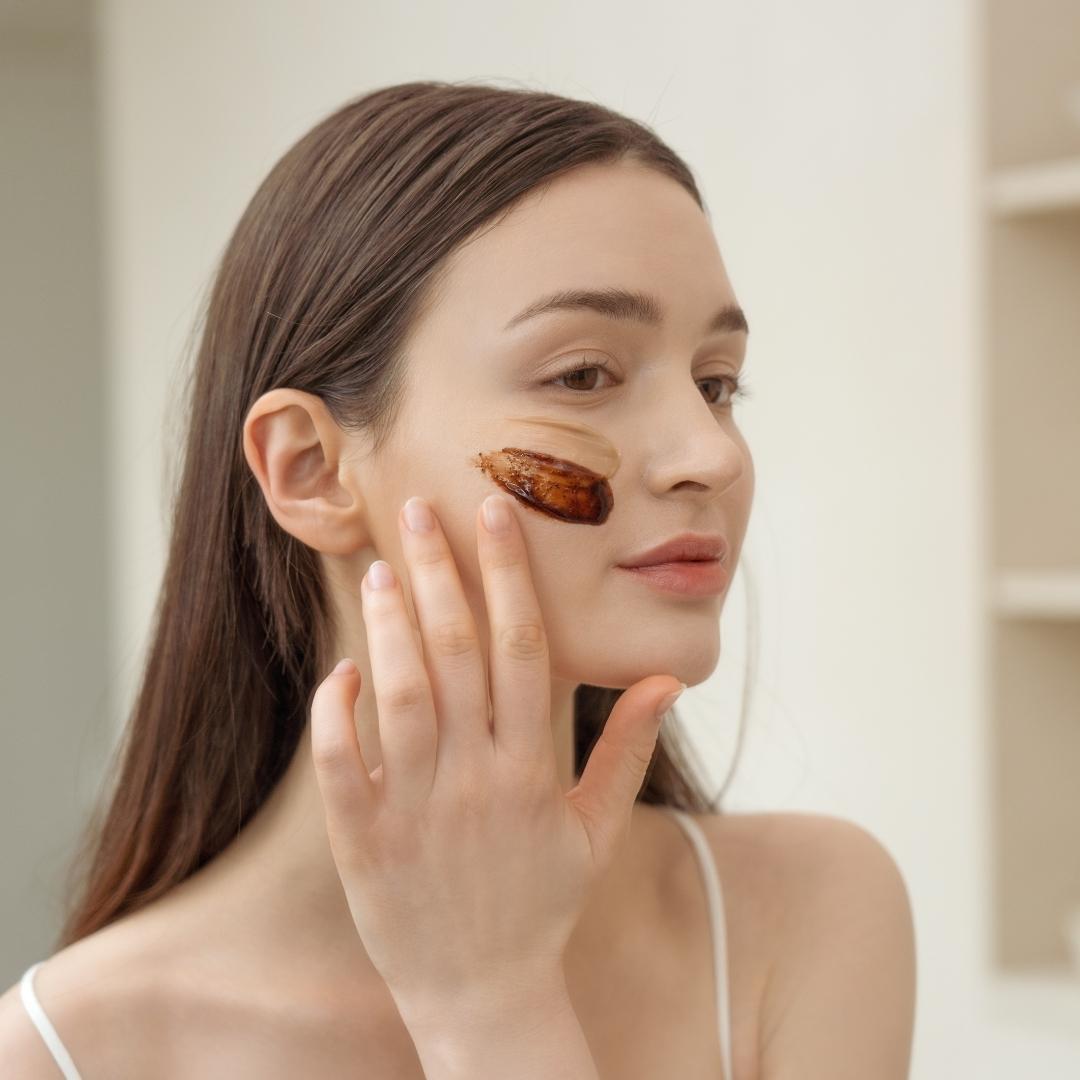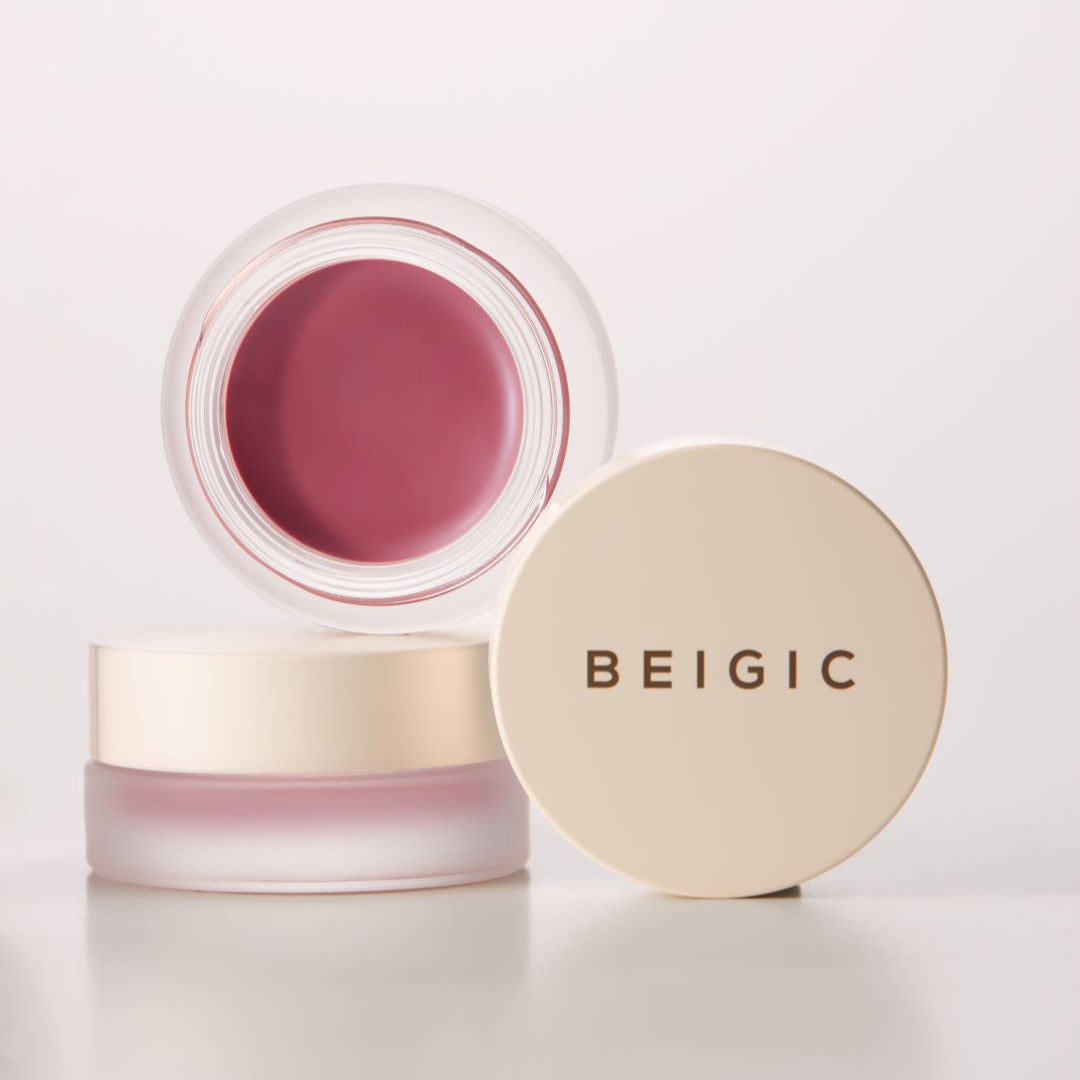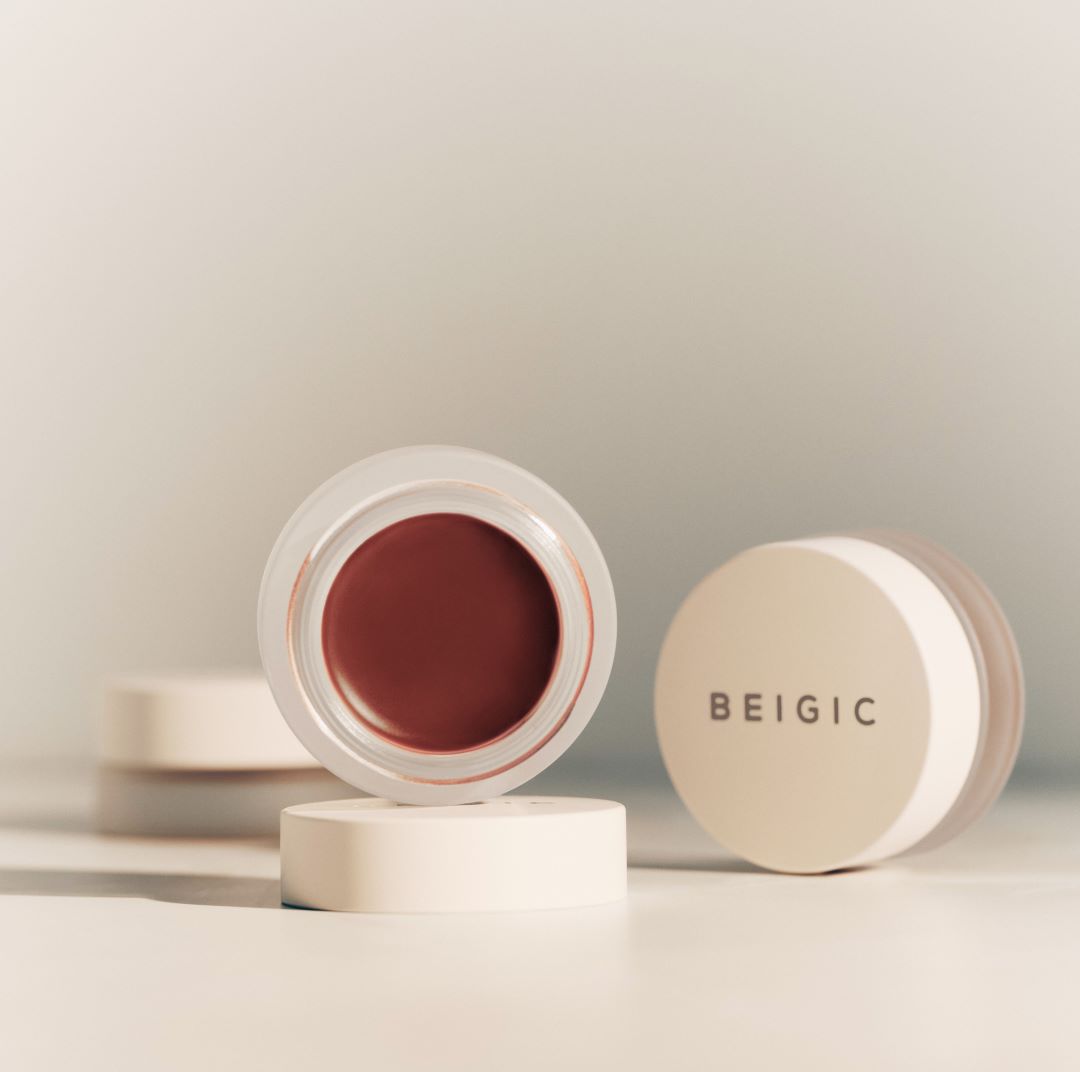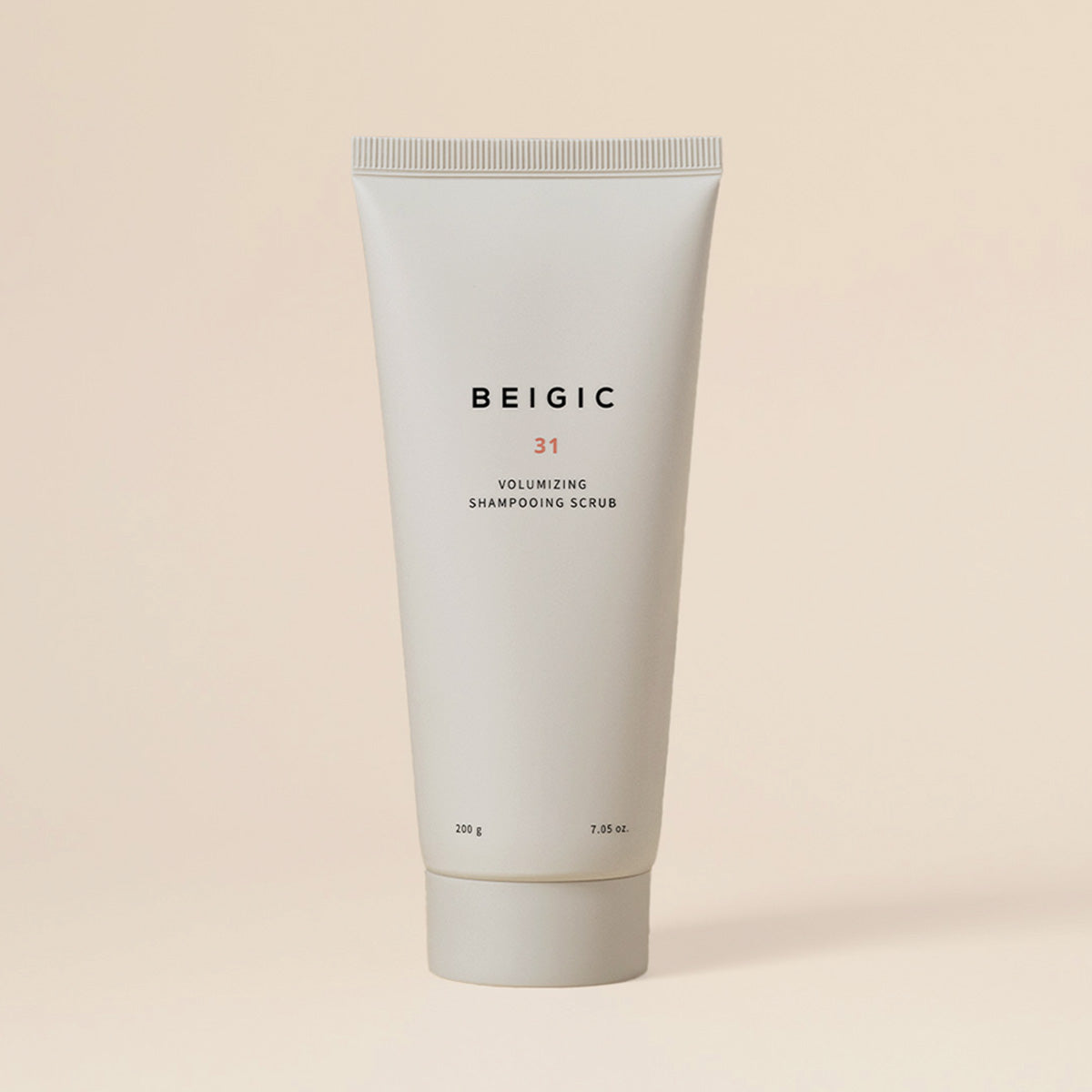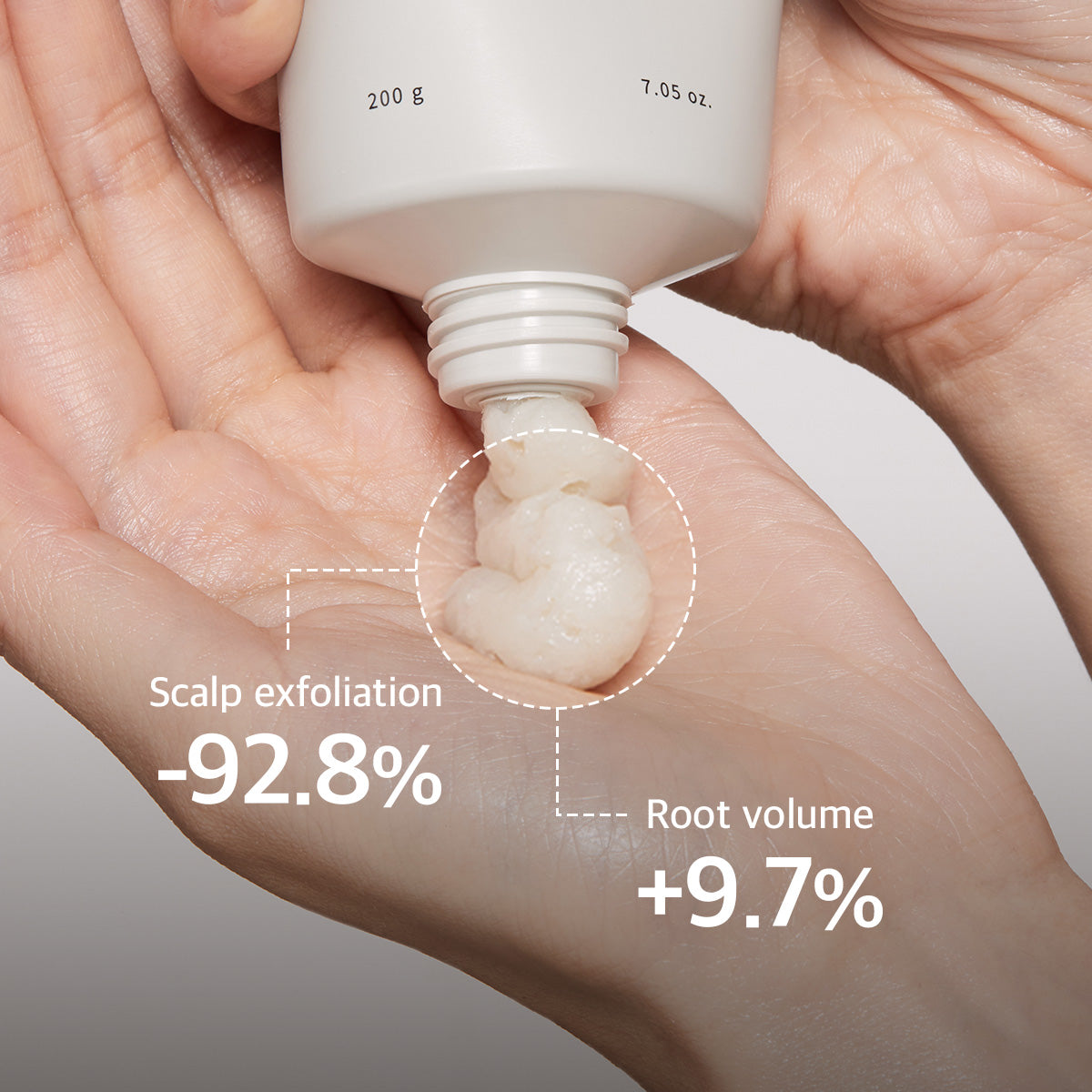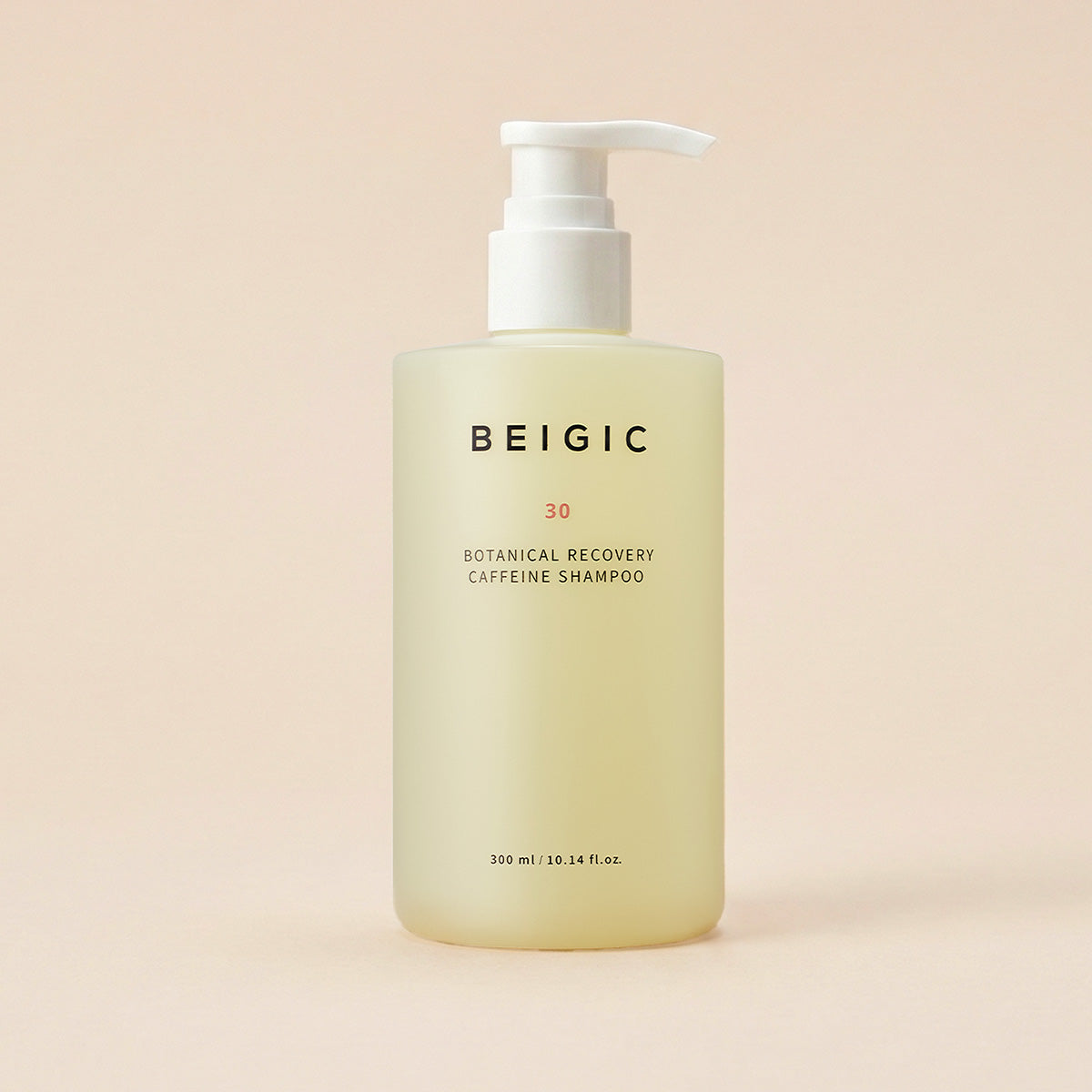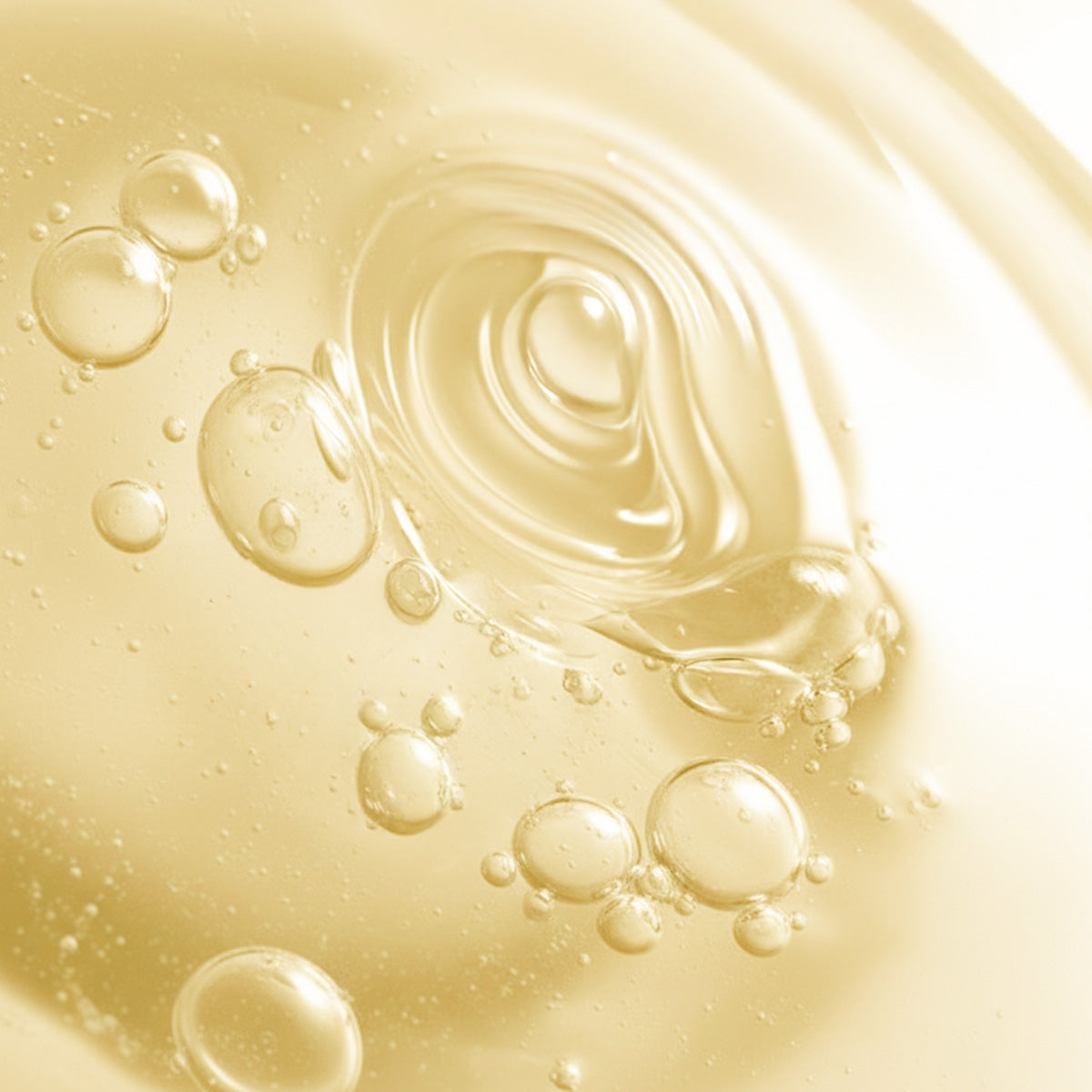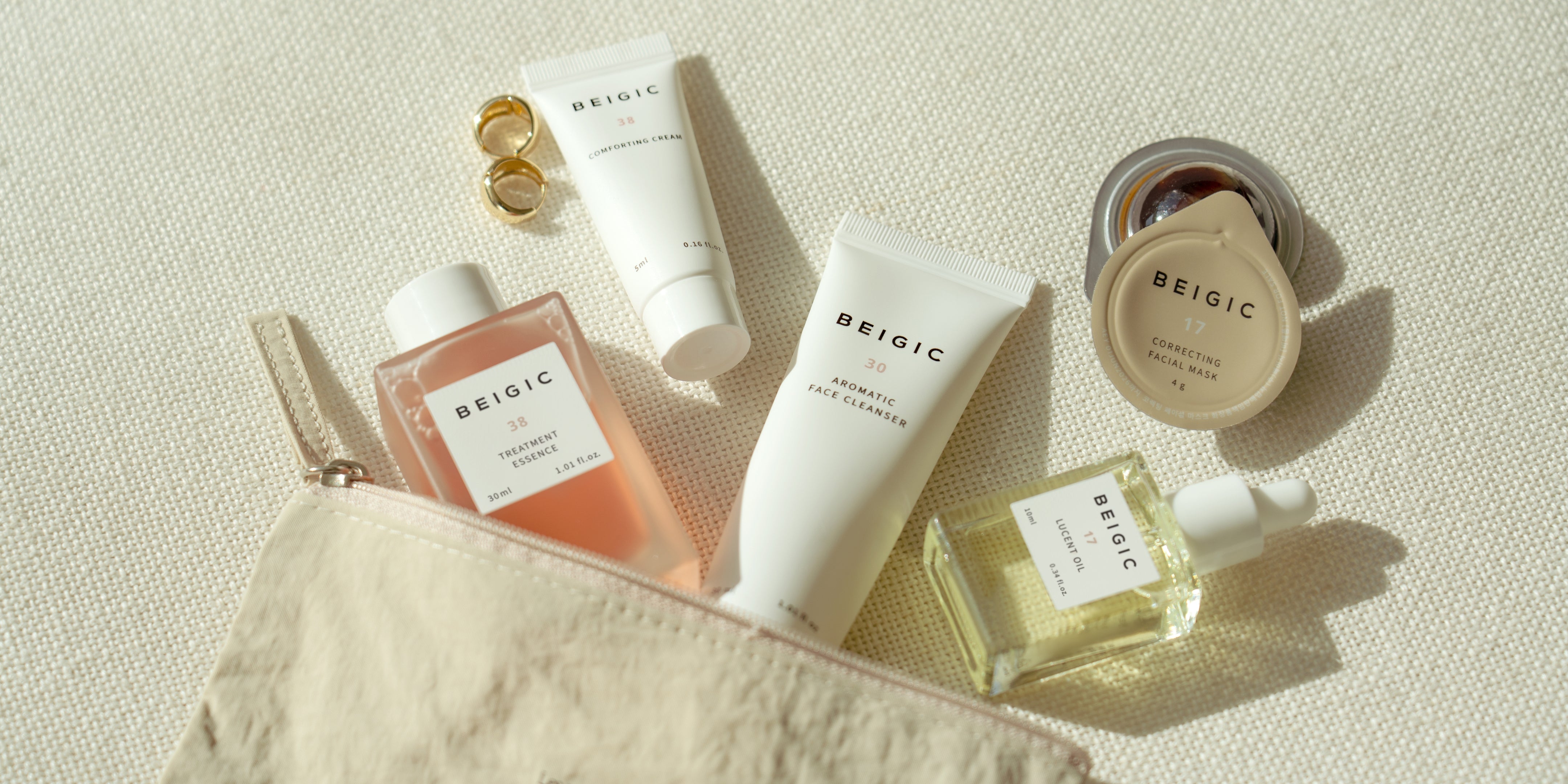Article: The Different Skin Types & Concerns
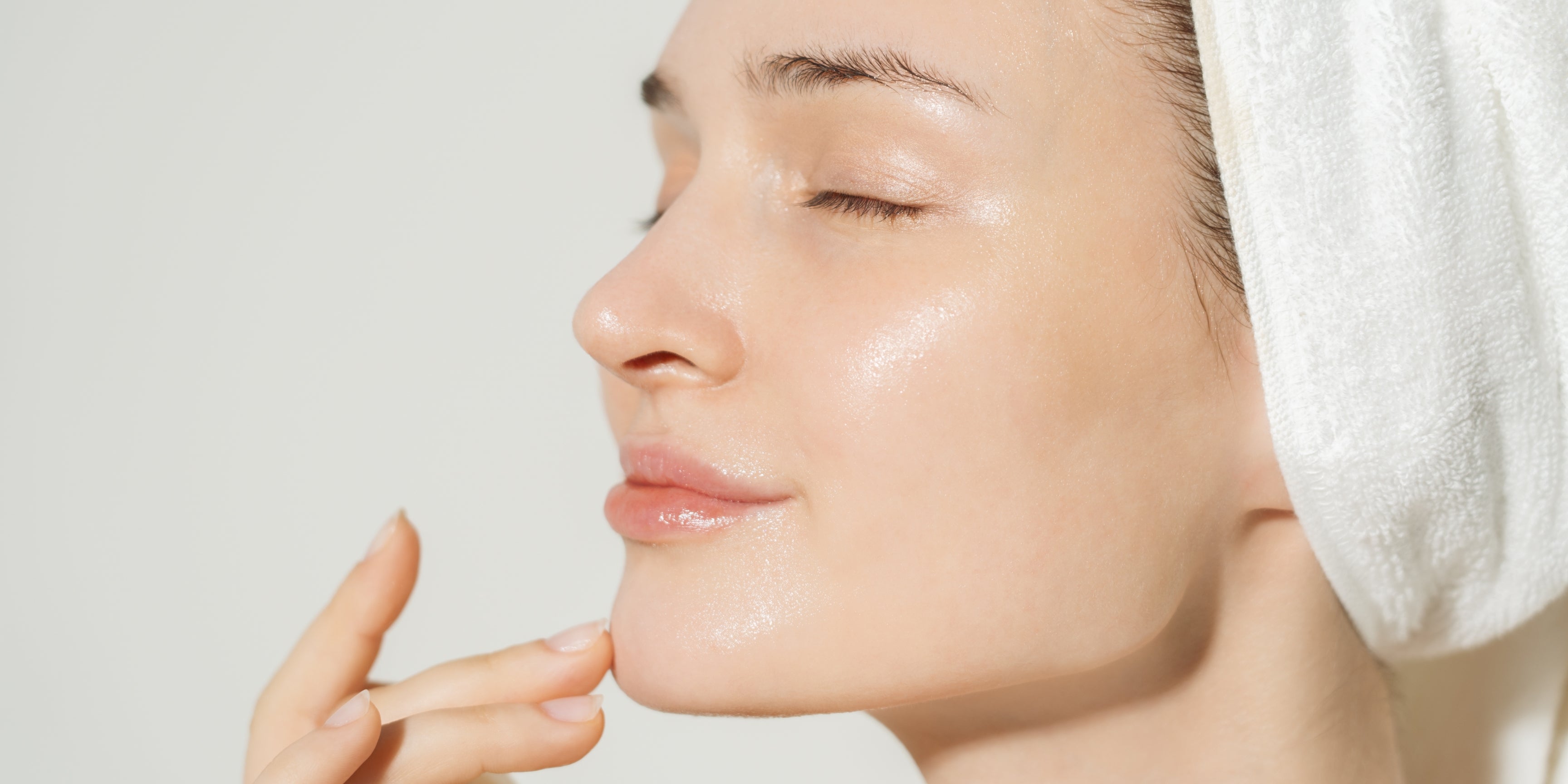
The Different Skin Types & Concerns
Our skin evolves throughout our lives. Age, weather conditions, hormonal changes, or our lifestyle are all factors that influence our skin, its metabolism, and its physiology. Let's take a closer look at the main types and conditions of the skin to understand their specificities and choose an appropriate skincare routine.
The Different Skin Types
Skin comes in many forms, each with its own needs and challenges. From balanced and comfortable to dry, combination, or oily, understanding your skin type is the first step to caring for it properly.
Normal Skin
Neither dry nor oily, with no particular imperfections, normal skin is smooth, supple, well-hydrated, and comfortable on a daily basis. The T-zone may become shiny by midday (see our blog article on skin chronobiology) but does not exhibit any particular excess of sebum.
Dry Skin
Dry skin lacks lipids. Unlike dehydrated skin, with which it is often confused, it is a distinct skin type. Dry skin lacks lipids because the hydrolipidic film no longer produces enough sebum to maintain its function as a protective barrier against external aggressions, leading to skin dryness. Symptoms of dry skin include continuous tightness, rough texture, visible skin dryness such as flaking and patches, barely visible pores, and a dull complexion.
To rebalance dry skin and make it more comfortable, you should use a nourishing cosmetic product rich in fatty emollients, such as the Comforting Cream, that provide suppleness, elasticity, and softness to the skin. Additionally, avoid using a cleansing product in the morning to prevent damage to the skin's protective barrier, which already struggles to produce enough essential sebum for epidermal health. For gentle morning cleansing, we recommend using an alcohol-free toner or simply a thermal or mineral water spray. Also, remember to exfoliate the skin once a week to remove surface dead cells and allow skincare products to penetrate better.
Combination Skin
Combination skin is a specific and complex skin type that combines different characteristics depending on the facial areas: oily skin with shine in the T-zone (forehead, nose, chin) while being normal to dry and dehydrated on the cheeks and the rest of the face. Feelings of tightness and discomfort may be experienced on the cheeks, and it may present imperfections. Therefore, it has different needs depending on the facial areas.
Here too, gentleness is key, as with all skin types, with non-greasy moisturizing products and, if necessary, a richer treatment on the cheek area. Avoid using stripping products that would only stimulate the sebaceous glands and thus increase sebum secretion. Skincare should aim to reduce excess sebum in the T-zone while maintaining good hydration. If necessary, use two different creams, opting for a richer texture for the cheeks. To avoid further dehydration, we also recommend simply refreshing your face with a water spray or toner in the morning and cleansing your face with a cleansing product in the evening. Rich in antioxidants and active ingredients, serums target specific skin concerns. In the case of combination skin, the main goal is to address basic function imbalances such as hydration and skin texture.
Oily Skin
Unlike combination skin, oily skin is characterized by excessive sebum production all over the face, giving it a shiny and greasy appearance, particularly in the T-zone. The skin becomes a favorable environment for the appearance of blackheads, pimples, and impurities that clog pores and suffocate the skin. The skin texture is uneven and thicker, and the pores are dilated and visible. The skin can easily become irritated or dehydrated. It is important to moisturize and avoid stripping the skin by attempting to remove excess sebum, which would have the opposite effect and could lead to increased sebum production as the irritated skin tries to defend itself. The causes of oily skin are diverse: hormonal imbalance, a too-stripping routine, stress, pollution...
It is important to use gentle, non-stripping skincare and moisturize the skin with products rich in hydrating agents and ingredients that help balance sebum secretion. Skincare should aim to reduce excess sebum while respecting the skin's fragile balance without stripping, as this would only worsen its condition. Toner can be an excellent way to balance hydration levels and sebum production. Whether your skin is dry or oily, moisturizer is an essential step that seals the hydration provided to the skin by the previously applied skincare products. Choose a cream light enough to be absorbed by the oiliest parts without clogging pores while being sufficiently hydrating and slightly occlusive to retain moisture without blocking the skin's pores.

The Main Skin Concerns
Our skin can face a variety of challenges throughout life, from sensitivity and dehydration to blemishes, dullness, and the early signs of aging. In the following sections, we’ll look at each concern in detail and explore how to care for the skin effectively, whatever its needs.
Sensitive Skin
Sensitive or reactive skin is a skin condition that can affect all skin types, at any age, both temporarily and in the long term. Therefore, all skin types can have sensitized skin at some point. Sensitive skin is reactive and prone to warmth and itching, sometimes accompanied by redness. These feelings of discomfort are exacerbated in response to stimuli, meaning factors that trigger irritation. This skin sensitivity results from a decrease in its tolerance threshold. Factors leading to skin reactions in sensitive skin are numerous: the application of unsuitable cosmetic products, alteration of the skin's protective barrier promoting skin dehydration and the penetration of foreign substances sensitizing the skin, tap water, certain foods, stress, hormonal factors, and climatic variations.
Sensitive skin requires special attention and suitable skincare products that do not worsen skin sensitivity to avoid reactions. These epidermises need neutral and gentle care, without fragrance or other irritating ingredients. It is advisable to avoid tap water, especially when it is very hard, as it tends to sensitize sensitive and fragile skin. For gentle makeup removal and cleansing of sensitive and reactive skin, prefer vegetable oils and toning lotions over micellar waters, which tend to irritate and dry out the skin due to their composition.
Dehydration
It often happens that dry skin and dehydrated skin are confused. Dehydrated skin lacks water. Unlike dry skin, it is not a skin type but a transient condition that can affect all skin types and is related to the influence of external factors such as weather, stress, or an unsuitable and harsh skincare routine, which damage the protective barrier, leading to water evaporation. Therefore, one can have dry and dehydrated skin, oily and dehydrated skin, combination and dehydrated skin... and so on. Among the symptoms of dehydrated skin, we note occasional tightness after cleansing or being outdoors, tingling, lack of suppleness, dehydration lines, discomfort in certain areas, and a T-zone that tends to shine.
A cosmetic care rich in water-based hydrating agents will allow the skin to maintain an optimal daily hydration level and to face various external aggressions. Just like for dry skin, we recommend using a gentle alcohol-free toning lotion or simply a thermal or mineral water spray for gentle cleansing in the morning.
Imperfections and Acne-Prone Skin
Regardless of age or skin type, we can all face skin imperfections at some point. Imperfections are usually the result of pores clogged with excess sebum, the natural oil secreted by the skin's sebaceous glands. Different factors can be involved: genetic factors, hormonal factors, the use of certain medications, the use of harsh cosmetics, poor lifestyle habits, dairy products, or stress. It is therefore important to identify the cause of the imperfections in order to treat them correctly. Indeed, if your imperfections are due to hormonal imbalance or diet, and you do not treat the cause, skincare alone will not be sufficient in the long term.
Some skins show a propensity to develop comedones and pimples, in which case we speak of acne-prone skin.
It is also important not to strip the skin with overly aggressive products that remove the skin's protective film to prevent the skin from producing more sebum to defend itself, which would only worsen its condition. In this case, we speak of reactive seborrhea. Whether oily or dry, our skin needs gentleness above all. Therefore, it is necessary to cleanse it gently and use specific care to purify without stripping, while hydrating the skin. Also, avoid using multiple products with purifying functions in the same routine to avoid irritating the skin and creating a rebound effect.
Dull Skin and Dark Spots
The causes of dull skin can be numerous: poor lifestyle habits, lack of sleep, stress, or hormonal imbalance. It is actually an accumulation of dead cells and impurities altering the skin's quality. To stimulate and awaken the radiance of the complexion, it is necessary to reactivate blood circulation and rid the skin of accumulated dead cells that dull the complexion by exfoliating the skin with suitable products such as cosmetics based on vitamins C and E or gentle exfoliating acids. For example, Correcting Facial Mask gently exfoliates dead skin cells, smooths texture, and brightens the complexion
Wrinkles and Loss of Elasticity
Aging skin loses elasticity and firmness. For lifting, firming, and smoothing, products like Enhanced Firming Cream can help restore contours, reduce deep wrinkles, and reinforce the skin barrier.
To further this exploration, discover beauty rituals that support healthier skin in our article on "Beauty Rituals That Are Good for Our Skin."

